News
Department of Environmental & Occupational Health
-
/chwe-newsroom/earl-dotter-in-the-fieldbfdfd4e6302864d9a5bfff0a001ce385.jpg?sfvrsn=70f7b0ba_0)
Black History Month through Earl Dotter’s workplace lensOpens in a new window
Feb 23, 2022Occupational photojournalist Earl Dotter walks through his career photographing the faces and working conditions of Americans. We explore its ties to Black History Month and the 2022 theme of Black Health and Well-being.Opens in a new window Full story -
/chwe-newsroom/screen-shot-2022-03-11-at-9-43-34-am.jpg?sfvrsn=13b0bcba_0)
Burning Bright(ly) vs. Burning Out: Staying Mentally and Physically Healthy in Today’s Work EnvironmentOpens in a new window
Feb 23, 2022The Great Resignation and the pandemic have created historic labor shortages. Everyone is trying to do more with less, in many cases while still working remotely. How can you avoid burnout? Here are some strategies for you and your team.Opens in a new window Full story -
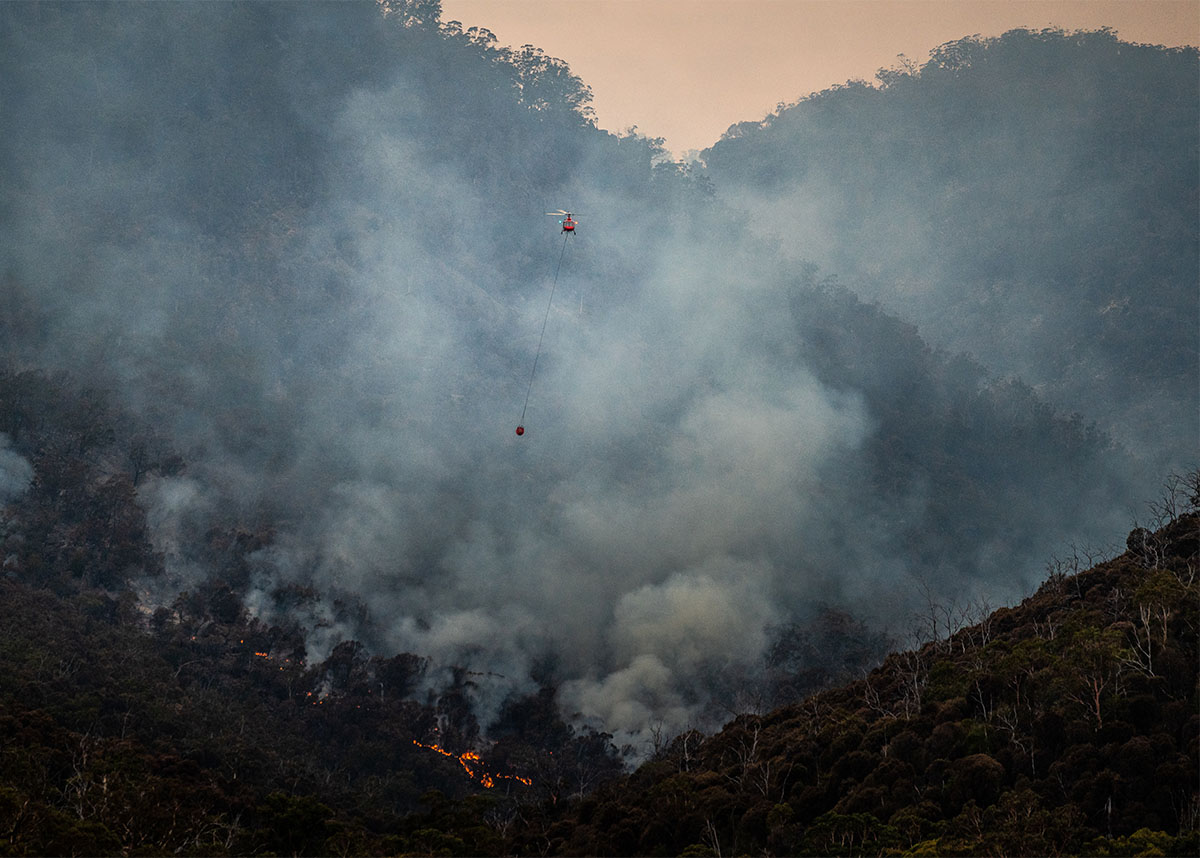
NIH Climate Change and Health Webinar Series Climate Change, Air Pollution, and Health: What Lies AheadOpens in a new window
Feb 22, 2022In this NIH Climate Change and Health Webinar, ColoradoSPH Dean Jon Samet and CSU's Tami Bond explore the complex relationships between climate change, air pollution, and health, discussing the importance of mitigation efforts through interdisciplinary research.Opens in a new window Full story -

ColoradoSPH Dean chair of National Academies report on protecting all US workers and the public from inhalation hazards
Feb 10, 2022A new National Academies report recommends two frameworks for providing respiratory protection for the nation—one for workers and one for the public—a need made clear by the COVID-19 pandemic and increasing wildfires. The NASEM committee is chaired by ColoradoSPH Dean Jon Samet, and includes CSU Professor John Volckens.Full story -
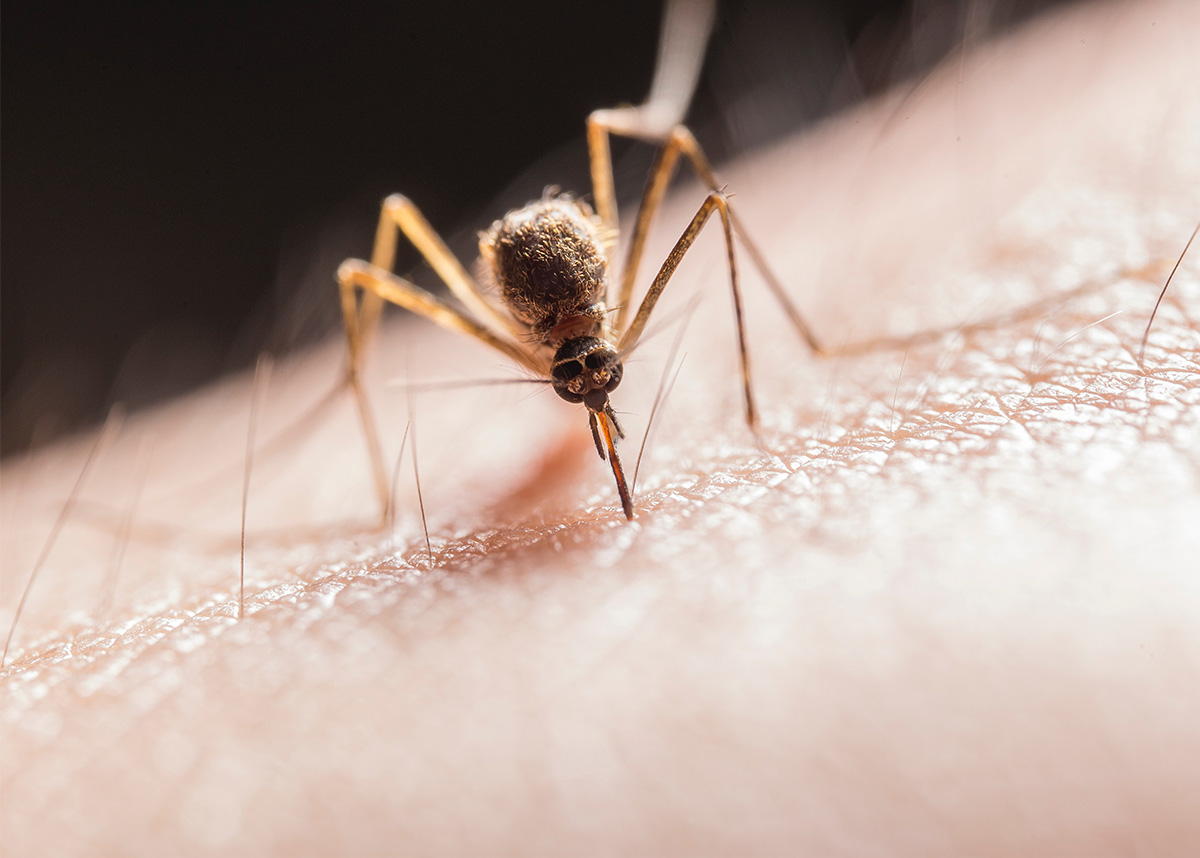
Public willingness to pay for mosquito control in TexasOpens in a new window
Feb 9, 2022In this CDC Podcast, Dr. Katherine Dickinson, ColoradoSPH assistant professor of environmental and occupational health discusses public opinion around mosquito control in Texas, including public willingness to fund mosquito control programs.Opens in a new window Full story -

How omicron changes the calculus of risk on airplanesOpens in a new window
Feb 1, 2022Despite the airline industry's assurances that airplane travel is very safe, there have been studies on specific flights that affirm that COVID-19 can easily spread on airplanes, despite safety measures like masks and mandatory COVID-19 tests.Opens in a new window Full story -
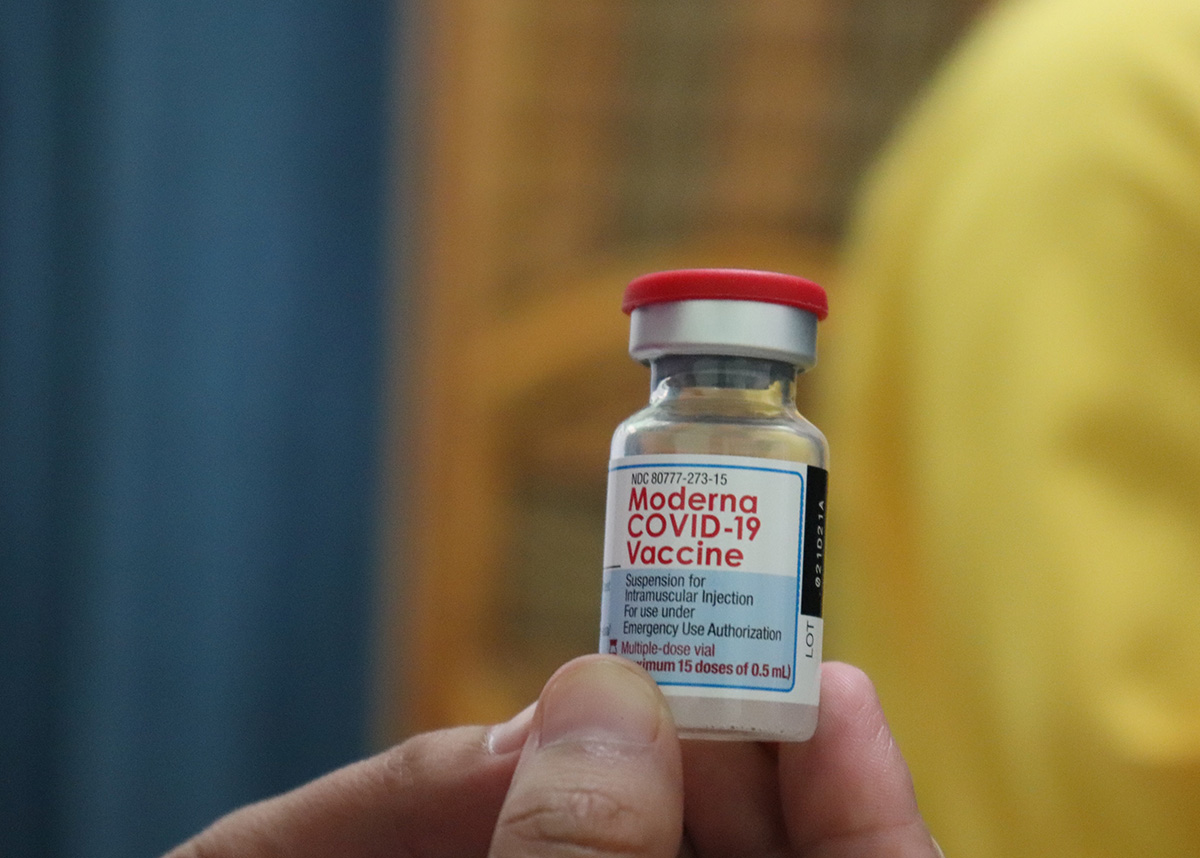
As Colorado faces an omicron surge, booster shot hesitance may allow greater spreadOpens in a new window
Dec 28, 2021Although a COVID-19 booster is the most effective defense against the Omicron variant, vaccine hesitancy remains a critical issue. ColoradoSPH faculty Beth Carlton, associate professor, and Glen Mays, chair and professor, discuss what's causing the variant to "spread like wildfire."Opens in a new window Full story -

Omicron has arrived in Colorado. Here’s what we know about how COVID spreads in the airOpens in a new window
Dec 21, 2021With the Omicron variant now spreading in Colorado, a recent study co-authored by ColoradoSPH Professor of Environmental and Occupational Health John Volkens explored how aerosols from activities like singing and playing instruments affect the spread of COVID-19.Opens in a new window Full story -

Can climate change affect my health?
Dec 20, 2021With an increase in weather-related disasters every year, Jay Lemery, associate professor of environmental and occupational health, answers common questions about the intersection of medicine, health, and climate change.Full story -
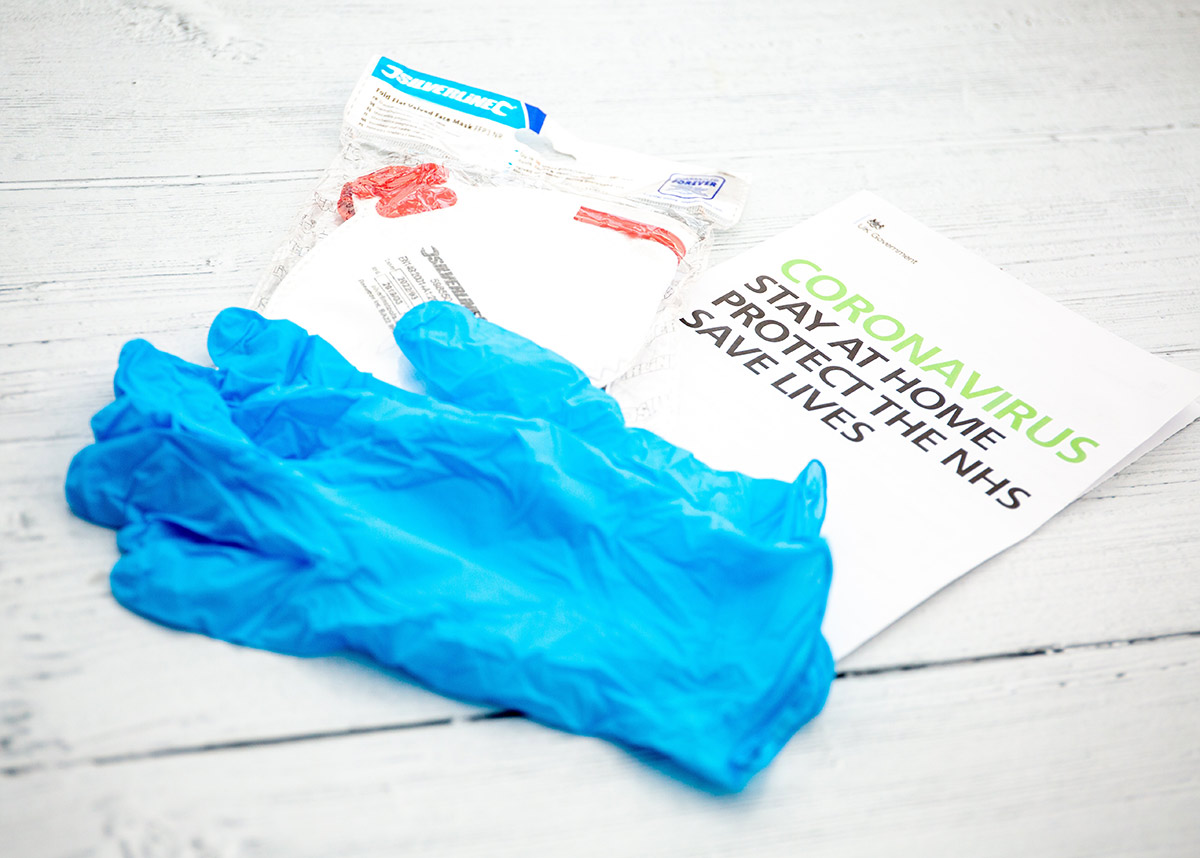
One-quarter of Colorado’s 10,000 COVID deaths came after vaccines were widely available, Polis declared health emergency overOpens in a new window
Dec 19, 2021With most of the victims in the new surge in COVID deaths being young and unvaccinated, Beth Cartlon, associate professor in the Department of Environmental & Occupational Health, questions how we can seek balance between controlling the spread and having a functioning society.Opens in a new window Full story -
/chwe-newsroom/headshot-2021-85-copy.jpg?sfvrsn=1e296dbb_0)
Student Spotlight: Emily Sharpe
Dec 6, 2021Emily Sharpe works full time as the Living Well Program Director at TIAA, along with serving as mayor of her town, Elon, North Carolina. See why she chose to earn a Certificate in Total Worker Health from the Colorado School of Public Health.Full story -
/chwe-newsroom/img_0929.jpg?sfvrsn=2c68dfba_0)
Miranda Dally gets down with data
Nov 22, 2021Miranda Dally is neither a doctor nor a lawyer. As a first-generation college graduate, she was raised with the expectation that she would go to college but was not entirely sure what college could offer. She never anticipated that her journey in academics would lead her down the path of becoming a biostatistician, research instructor, and DrPH candidate working in international occupational and environmental health.Full story -
/chwe-newsroom/2017awards1115_170817-(1).jpg?sfvrsn=3208dfba_0)
The impact of Total Worker Health® advising among small-to-medium-sized businesses
Nov 11, 2021Researchers from the Center for Health, Work & Environment have published a paper in Journal of Occupational and Environmental Medicine studying the impact of 1-on-1 advising on Total Worker Health. The study is one of the first to examine how Total Worker Health framework consultation impacts the way organizations adopt and improve workplace policies and practices for worker health and safety.Full story -
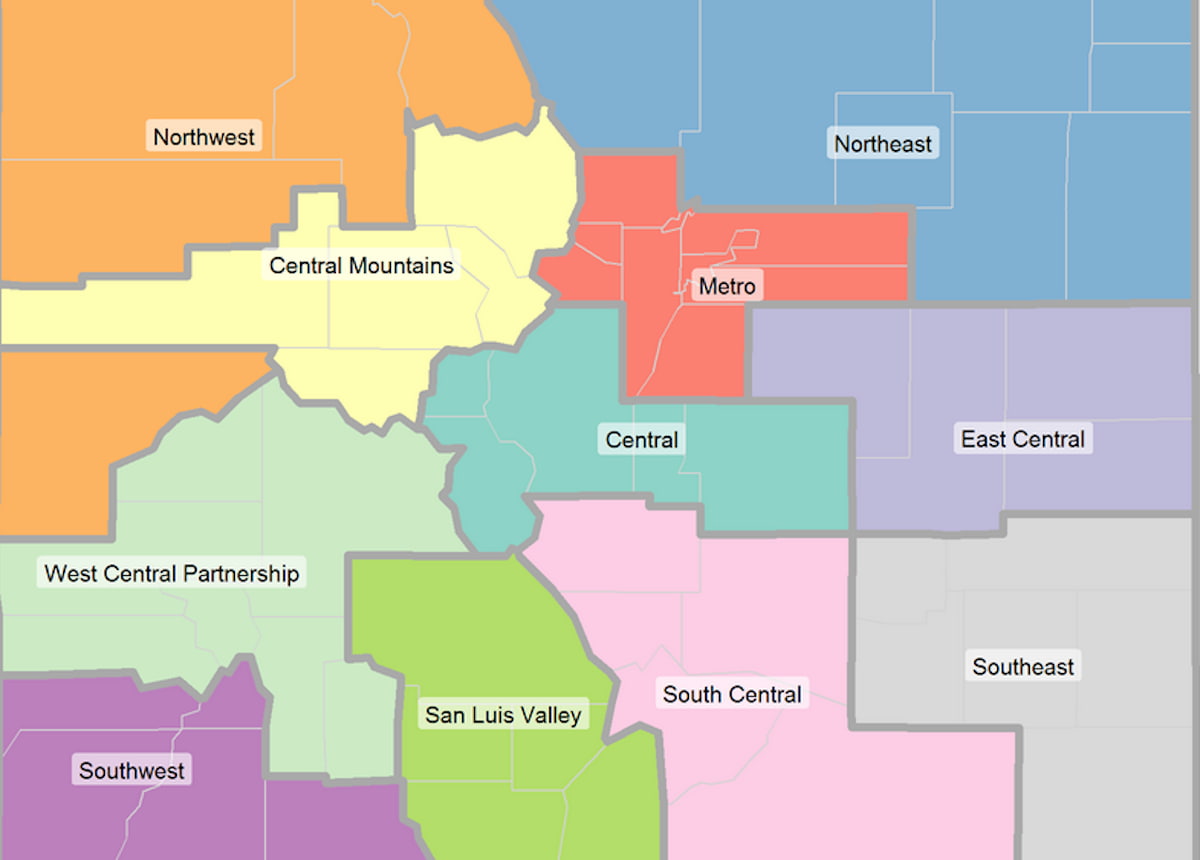
What is driving Colorado’s COVID surge? Not even the experts are sure.Opens in a new window
Nov 5, 2021As hospitals begin implementing more aggressive transfer protocols and healthcare workers continue to sound an alarm about the direction of the pandemic in Colorado, no one is celebrating. Dr. Jon Samet, dean of ColoradoSPH and leader of the state's COVID-19 Modeling Group talks about the surge in cases.Opens in a new window Full story -
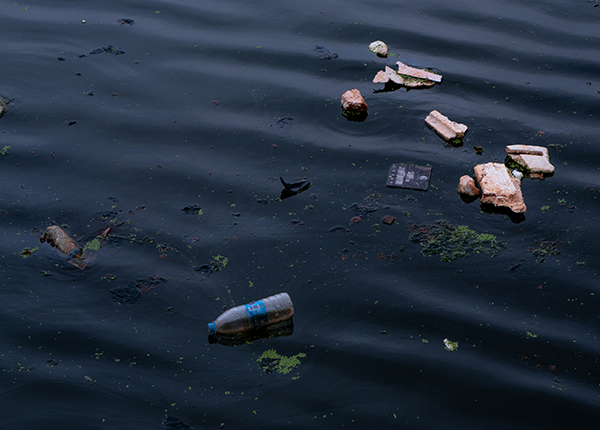
Researchers expand study on “forever chemicals” in drinking water
Nov 4, 2021With the assistance of a 5 million dollar grant from the Agency for Toxic Substances and Disease Registry, ColoradoSPH researchers along with partner institutions will expand on this groundbreaking study that examines the effects of contaminated drinking water on residents of El Paso County.Full story -
/chwe-newsroom/hl_event_blog.jpg?sfvrsn=bbfd3ba_0)
Health Links™ 2021 Annual Event: Celebrating Total Worker Health®Opens in a new window
Nov 2, 2021Each year, Health Links celebrates Colorado employers committed to workplace health, safety, and well-being. This year’s virtual event aptly honored the award winners and finalists for their achievements in the workplace while providing attendees the opportunity to network and gain inspiration from other employers. With award celebrations sprinkled throughout the day, attendees participated in a variety of workshops ands continuing education sessions held by academic and industry experts.Opens in a new window Full story -
/covid_town_halls.jpg?sfvrsn=d0488eb9_0)
SARS-CoV-2 indoor air transmission is a threat that can be addressed with science
Nov 2, 2021In the fall of 2020, a NASEM committee, chaired by ColoradoSPH Dean Jon Samet, convened to rapidly inform urgent issues and address the potential of airborne transmission of SARS-CoV-2; their commentary is now published in PNAS.Full story -
/chwe-newsroom/working-masked-web-version.jpeg?sfvrsn=7c2cbba_0)
New survey shines light on racial disparities persisting in COVID-19 vaccination
Oct 26, 2021A new nationwide survey, led by a group of researchers including ColoradoSPH faculty, examines drivers and impediments to COVID-19 vaccination rates in the country. The results reveal troubling findings that must be addressed in the face of more infectious variants.Full story -
/chwe-newsroom/hsow_blog_cover.jpg?sfvrsn=ab21d2ba_0)
Human Side of Work: A glimpse into the working lives of others
Oct 21, 2021Through our research, education, and practice, we work hard to represent workers from all backgrounds and in all industries. But who are the people behind the work? Human Side of Work is a project dedicated to capturing the faces, stories, and day-to-day lives of a diverse workforce.Full story -
/chwe-newsroom/20121107_breathing-074.jpg?sfvrsn=8bded0ba_0)
Health Links™ honors Children’s Hospital Colorado with the inaugural Continued Excellence AwardOpens in a new window
Oct 15, 2021Children’s Hospital Colorado has been part of the Health Links Healthy Workplace Network™ since 2016 and is one of our tenured customers and partners. Over the last seven years, Children’s Colorado has shown unwavering dedication to putting its people first. At our annual event on October 28, Children’s Colorado will be presented with the first-ever Health Links™ Continued Excellence Award.Opens in a new window Full story


